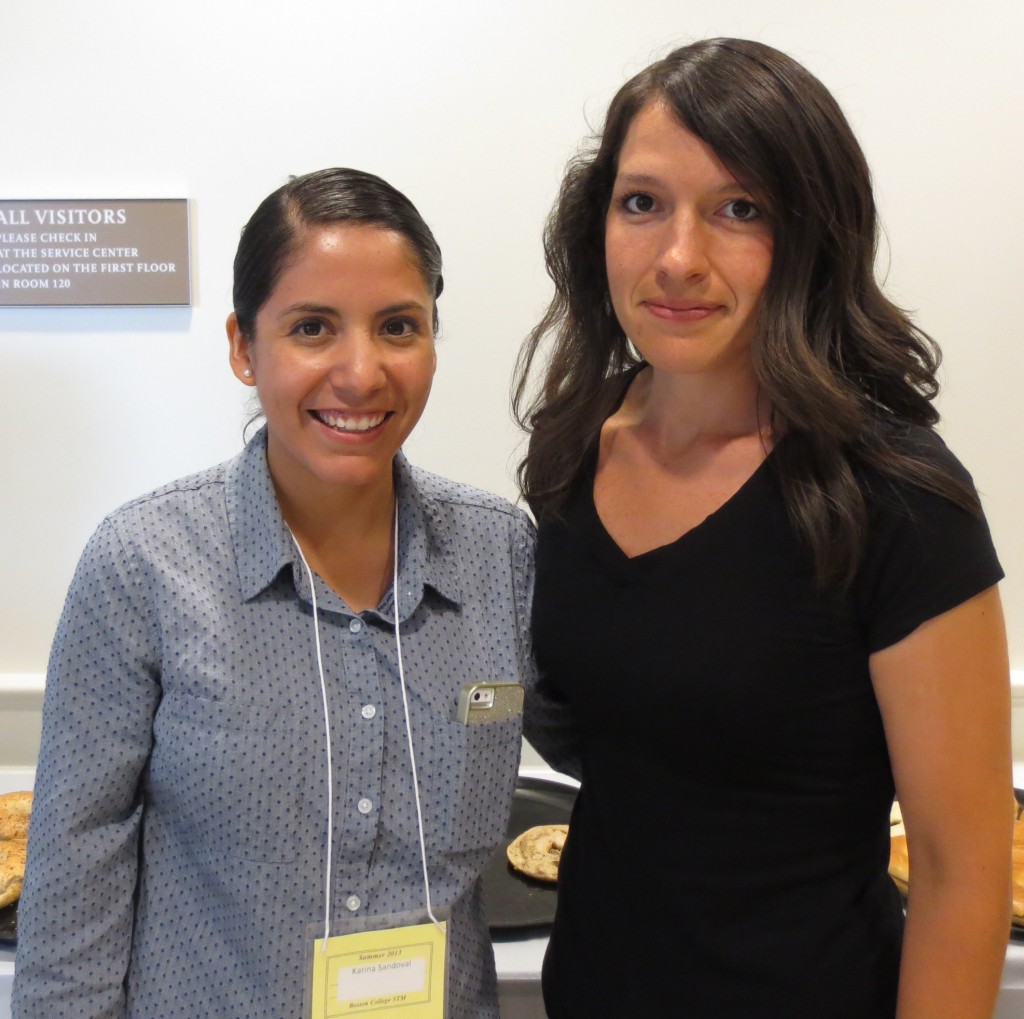
A survivor of fear, 26-year old Karina Sandoval strategizes to bring recovery to Ciudad Jurárez, a Mexican city smeared by its bloodshed and drugs. “My family lived in Anapra, west of Ciudad Jurárez,” said Sandoval. “We heard shootings every day. Our parents would drive my sister and me to High School even though we lived only a few blocks away from the school.”
The day came in year 2010 when, with what belongings they could pack, Sandoval, her mother and sister got into the family car and drove across the Mexico/Texas border into El Paso to live. “We were lucky, we have United States Citizenship,” said Sandoval. One week later, they returned to their Anapra house and found it robbed of the furniture and electronics left behind.
Since the 1990’s, Ciudad Jurárez has more than once ranked number one as the most violent city in the world. Serving as a distribution conduit for narcotics from Mexico to the United States, the city instigates rival drug cartels and subdued Mexican officials, creating a breeding ground for terror and senseless deaths. Casualties include young women, exposing a feminicide that chafes those who struggle to validate female humanity in a male-dominated world.
The violence and its effects bleed into nearby communities. In El Paso, a bit more removed from the core of the chaos, Sandoval reasserts her determination to help her former home, doing so with the dimension of faith. Sandoval works at the Diocese of El Paso in the Office of Faith Formation. “Working from the standpoint that all people have an inherent right to dignity and respect, we are building a network to provide services to those who escape the violent areas while adding our voices to the activists currently fighting to make sure violence and impunity do not have the last word,” said Sandoval.
The lack of funds for social services adds to the daunting task. Therefore, Sandoval was pleased to discover that forty-five miles away, at St. Albert the Great Newman Center, Monita Alvarez Chip, has been developing a plan with her colleagues to bring awareness of the border problems to students attending New Mexico State University (NMSU). “For two years now, the students have become engaged in campus ministry to learn about and respond to the border realities as a whole,” said Monita Alvarez Chip.
The NMSU Catholic Campus Ministry, connected to New Mexico State University, is developing a Border Awareness Program to offer students a series of day trips to the El Paso/Juarez area. “The ministry calls attention to why the border issues matter to the spiritual journey of each individual,” said Alvarez Chip. “Individual spirituality contains a social element.”
The Campus Ministry students have twice now made trips to the border towns. “So far we have only been able to speak through the border fence, but Mexican children gladly come over and talk with the college students,” said Alvarez Chip. “The students see first-hand that the people, too often marginalized and ignored by society, are equal human beings.” The visits impact the heart. After returning to campus, effort is made to unite the heart with the head and form critical skills to flesh out tangible action.
“People can be liberated from poverty, violence, human trafficking, and feminicide,” said Alvarez Chip. “All people have innate dignity and the right to awareness, healing and progress.” A theological approach to reversing the injustices reaches back into the 1990’s when pink and black crosses were used by activist groups in the area to bring attention to the deaths and disappearances. The symbols ask consciousness to take the crucified people down from the cross to receive acquittal.
This theological approach is also reframing salvation, from a future beyond this lifetime, into a reality today. “The crisis in Ciudad Juárez calls for wide reaching transformation, not only politically but also in the church,” said Dr. Nancy Pineda-Madrid, associate professor at the Boston College School of Theology and Ministry, and author of Suffering and Salvation in Ciudad Juárez, the first book written that identifies a theological aspects emerging from the violence and feminicide. “Local and international human rights activists can put these border issues on the front burner. The Mexican government can give due attention to stopping the atrocities. The Church hierarchy can reconfigure its views on women. Survival can advance to salvation.”
